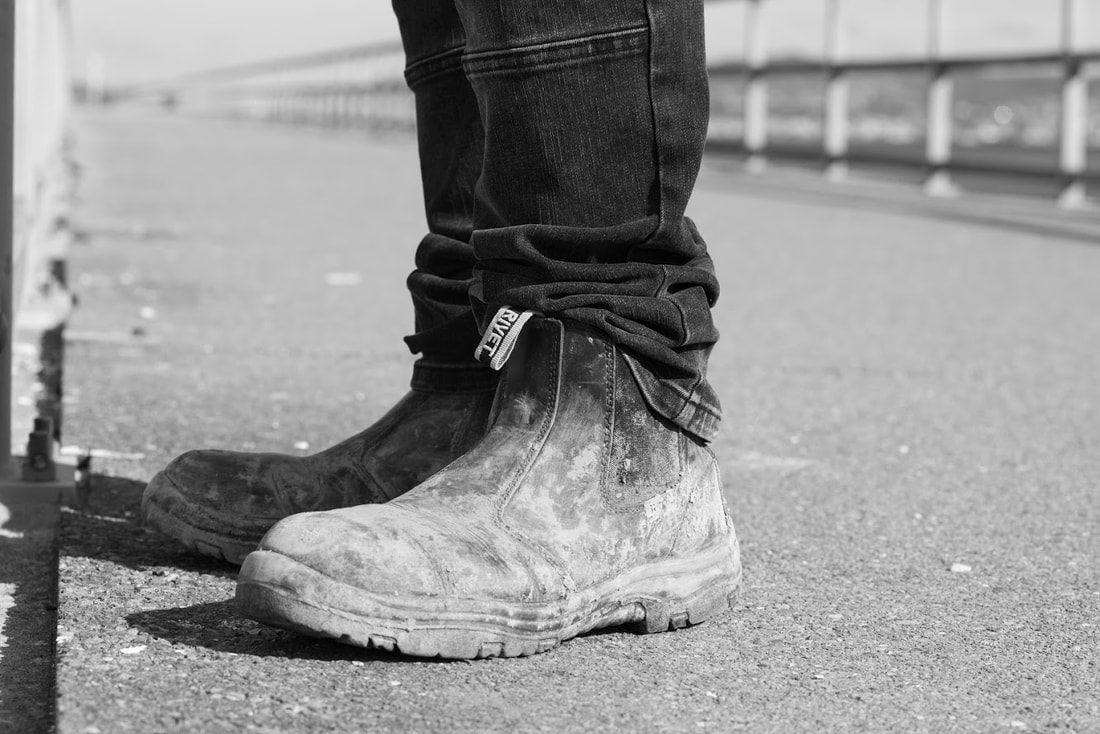
Deciding to disclose sexual abuse or sexual assault is a process that takes much time and consideration, particularly for a man. How disclosure of child sexual abuse or sexual assault occurs, and how it is responded to, can significantly influence a man’s future well being. Talking about sexual abuse or sexual assault is no simple matter. Disclosure of childhood sexual abuse or sexual assault is shaped by what a man is feeling or thinking, by the culture in which he lives, and by his assessment as to whether he will be believed and supported. Research indicates that men are far less likely than women to tell someone of experiences of childhood sexual abuse, or to report sexual assault as an adult.
Barriers to disclosure
Boys and men, like girls and women, commonly do not speak of childhood sexual abuse or sexual assault. This is thought to be due to things such as:
We believe you!
If you choose to disclose to our team at Men and Trauma you can be sure of complete confidentiality. No-one will know you have spoken to us and no-one will know what we talk about.
You may use our confidential listening service, call us or make an appointment for a confidential conversation.
We have an instant booking form you can fill in right now. You'll find all of our services on the booking form. Just tick which service/s you need.
Barriers to disclosure
Boys and men, like girls and women, commonly do not speak of childhood sexual abuse or sexual assault. This is thought to be due to things such as:
- Threats, either physical or verbal, from the abuser.
- Fear of what the reaction might be — what people will think or do.
- Confusion, guilt, shame, or embarrassment. For example, believing that you were in some way responsible or complicit.
- Mistrust of others, especially if you have tried to tell in the past and were not believed.
- Not knowing how to talk about it, or not having the words.
- Believing people already knew about it, and that they were not concerned.
- Being worried that if you do tell, you will be told it’s “no big deal.”
- It feeling too painful to talk about. Fear of losing control, and becoming overwhelmed by emotions. This may then trigger a sense of shame at not coping.
- Having to explain the circumstances, such as what you were doing there in the first place.
- A wish to protect others, to keep it a secret in the hope that someone else won’t also be harmed or upset.
We believe you!
If you choose to disclose to our team at Men and Trauma you can be sure of complete confidentiality. No-one will know you have spoken to us and no-one will know what we talk about.
You may use our confidential listening service, call us or make an appointment for a confidential conversation.
We have an instant booking form you can fill in right now. You'll find all of our services on the booking form. Just tick which service/s you need.
